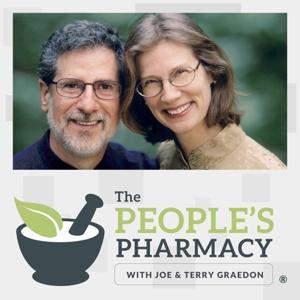The American healthcare system is one of the most innovative in the world. But it’s no secret that we also face serious challenges.
Too many patients cut pills in half to make them last, too many can’t access care in the first place, and too many providers are so burned out with paperwork and administrative tasks that they’re leaving practice altogether.
Yes, we know that we’ve got our work cut out for us. We know that for so many of these challenges, there truly is a better way.
Welcome to the fourth season of the award-winning podcast “There’s a Better Way: Smart Talk on Healthcare and Technology.” I’m your host, Melanie Marcus, from Surescripts.
This season we’re diving into the work of systemic innovation in healthcare. Each guest we have on our show is a changemaker, in one way or another, and together they paint the picture of how innovation can happen—and is happening—right now across healthcare.
If you’re up for smart, energizing, story-driven conversations about healthcare and technology, tune in to “There’s a Better Way.” Season 4 premieres on all major podcast apps in May.

























